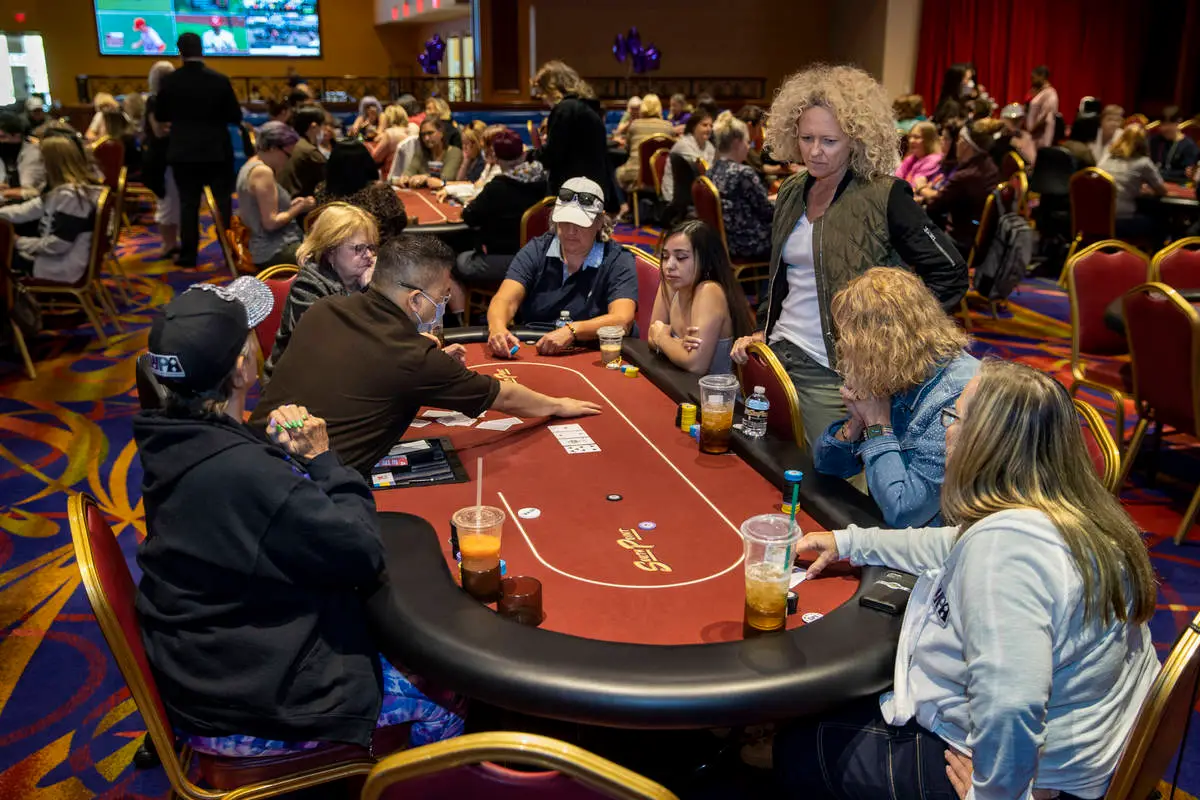Secrets of Professional Poker Players
Poker players keep many secrets that they do not reveal publicly, such as hiding tells, betting quickly to throw off opponents, and using bankroll management strategies. Furthermore, they prioritize studying their game to detect “leaks” that cost them money over time.
Professional poker players understand the significance of living an ideal lifestyle by prioritizing healthy diets, exercise/strength training programs and adequate sleep – all aspects which contribute to their consistent wins at the poker table.
1. They know how to read players
Professional poker players have years of training to carefully observe their opponents and capitalize on any mistakes they make, often by reading “tells,” which are subtle changes in behavior or demeanor that give away information about an opponent’s strength of hand. Although often dramatized for dramatic effect in movies, reading an opponent’s “tells” is an integral part of poker play and should never be taken for granted.
Mastering the art of reading tells takes both time and dedication, yet poker experts manage to do it effortlessly. By extracting information about their opponents without giving away anything about themselves, these professionals manage to extract data without giving anything away about themselves – a skill which could be applied scientifically towards negotiation, mind reading, or any other area where strategy, uncertainty and tells come together.
Poker pros understand the need to bring their best game when they step onto a poker table and to avoid playing when they are stressed, angry, tired or drunk. In addition, they focus on leading a healthy lifestyle with proper diet, exercise/strength training and sufficient restful sleep.
2. They don’t show a bluff
Professional poker players don’t play for their egos; instead they play to make money and won’t risk all in a heads-up match against another pro.
Professional poker players also understand that bluffing isn’t the only way to make money in poker, contrary to popular misperception. Instead, most of their winnings come from value betting with strong hands.
As players become more experienced at poker, they’ll become aware of when and how their opponents bluff, not giving away information to their opponent for free. They will take note of how long it takes them to bet, sizing bets differently for bluffing and value betting respectively. When looking at your opponents closely it is essential that you learn their tells as this could indicate whether or not they are holding strong cards vs. when relaxed they could be bluffing; studying these tells can help! This is why studying them thoroughly is crucially important!
3. They don’t rush in to a hand
Professional poker players rely on an arsenal of tactics in order to thwart opponents and remain undetected by them. Even if your adversary sees just one strategy you use once, they could quickly switch up their attack and give themselves a much higher chance at defeating you.
Amateurs often make the mistake of concentrating too heavily on their cards alone when making decisions, leading them to make poor choices that ultimately reduce risk and increase profits over time. On the contrary, pros always prioritize considering all elements at the table when making their selections and choose actions which minimize risk while increasing returns over time.
Modern poker strategy takes into account subtle indicators like betting patterns, body language cues and timing to gain insight into their opponents’ hands and exploit weaknesses in their opponent’s game to increase winrate and increase success for themselves. Professional players use modern poker strategy like this in order to differentiate themselves from amateurs – without this knowledge base continuously expanding your knowledge you won’t ever become one!
4. They don’t play when they’re stressed
Becoming a professional poker player seems appealing; one could travel freely, play when desired and study when not engaged in actual play – making life as a poker player seem like the ideal lifestyle for many people.
However, poker can be an insecure means of earning a living and its vicissitudes may prove stressful if you’re unprepared.
Poker pros typically rely on an effective safety net to make the optimal +EV decisions at all times, keeping in mind the dangers and addiction of gambling, so they never risk more than they can afford to lose and don’t play when stressed or emotionally drained – an aspect many recreational players overlook when trying their hand at professional play.









